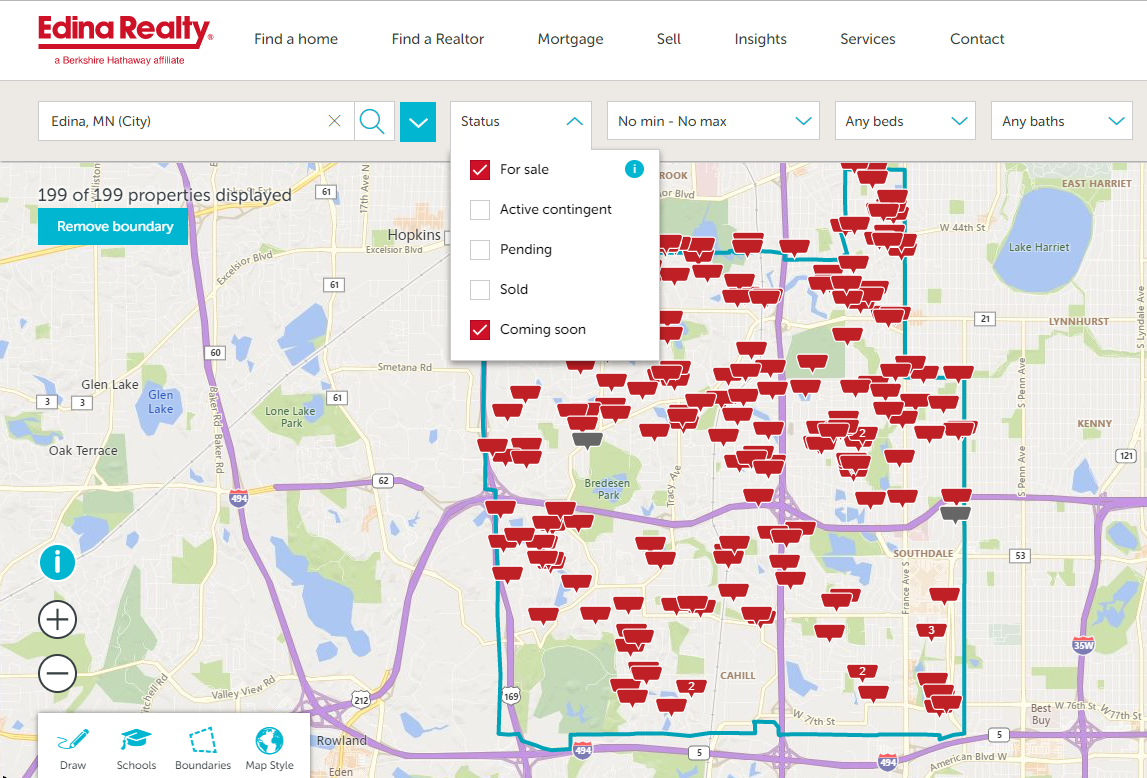Table Of Content

The good news is that this is a financing contingency that can be mostly handled by doing some due diligence. First, you want to ensure that you have been preapproved for a mortgage as a buyer, not just prequalified. In other words, even though you might have a home inspection contingency, you don’t have to walk away because there’s an issue with the house. You and the seller might agree on how to cover the repairs and resolve them.
Buying Options
In this case, the process may take longer, because the buyer is in no rush to fulfill all the contingencies. If you’re in the market to buy a house, you probably spend a lot of time looking at listings. In your search, you might come across home listings listed as “contingent.” Does that mean they’re not for sale anymore? Read on to learn what contingent listings are, and whether you should get your hopes up over these homes.

Types of Pending Status
Election 2024: What If They Take It to the House? - WhoWhatWhy
Election 2024: What If They Take It to the House?.
Posted: Sat, 27 Jan 2024 08:00:00 GMT [source]
Of course, that doesn’t mean that you have to have the cash on hand to buy the new house before you sell yours. Your lender may be able to help you with a bridge loan or suggest other financial strategies. Rocket Mortgage® doesn’t offer bridge loans, but our friends at Rocket LoansSM may be able to help you with a personal loan. The appraisal contingency comes into play most often when you’re taking out a mortgage. The seller might be asking for a wild sum, and you might be all too happy to pay it, given the values in the neighborhood.
Selling a House With No Contingencies
An active contingent status indicates that the property has an accepted offer, but the sale is contingent on certain conditions being met. While the initial offer will take precedence if all the contingencies are satisfied, making an offer can put you at the head of the line if the original deal falls through. A property is contingent when the seller has accepted an offer, but they are keeping the listing active in case contingencies aren’t met. A property is pending when the provisions on a contingent property are met and the sale is moving forward. To prevent your offer from being overlooked, you have numerous ways you can show the seller you’re serious about buying their property.
Is it better to be contingent or pending?
This contingency lets you walk away from the deal if you’re not able to sell your old home within a certain timeframe — say 30, 60, or 90 days. Once a listing goes pending, closing generally takes a few weeks to two months. Terms like “pending” and “contingent” have very specific meanings in real estate, and they can have a big impact on your home search. As a buyer, it’s a good idea to familiarize yourself with these common listing terms so you can feel confident moving forward on your dream home.
In this case, the buyers will make an offer contingent on the sale of their home. If the buyer’s home doesn’t sell within the contingency period (usually 30 to 60 days), the home sale is off. If you’re a buyer who wants to make an offer on a home, a contingent offer may help get your foot in the door and secure your home purchase. It can also protect you from making an offer on a home you can’t afford, prevent a fraudulent sale or even prevent you from buying a home with a poor inspection. Now that you know how a contingent offer works, you’re ready to take on the rest of your homebuying journey.
Contingent listing
The information that we provide is from companies which Quicken Loans and its partners may receive compensation. This compensation may influence the selection, appearance, and order of appearance on this site. The information provided by Quicken Loans does not include all financial services companies or all of their available product and service offerings. Article content appears via license from original author or content owner, including Rocket Mortgage.
Put simply, an accepted offer that has contingencies begins as contingent. An offer that is pending is much closer to closing than one that is contingent, so it’s usually not worth looking at pending listings. This means that the seller has accepted an offer with contingencies, but wants to continue showing the home to other potential buyers in case the offer falls through. A home inspection contingency allows buyers to conduct a professional inspection of a property before they purchase it. This can give buyers a heads up on any potential problems and necessary repairs.
A preapproval is based on a review of income and asset information you provide, your credit report and an automated underwriting system review. The issuance of a preapproval letter is not a loan commitment or a guarantee for loan approval. Preapprovals are not available on all products and may expire after 90 days.
There are several different types of contingency statuses where another buyer can still make an offer on the property. Ultimately, it depends on who you are in the real estate transaction. Buyers still shopping for homes may be pleased to see “contingent” on their dream home listing because it means the contract can still fall through, though it’s unlikely. While it’s hard to track how many contingent or pending offers fall through each year, research shows that around 4 percent of overall home sales fail.
Once the buyer addresses all contingencies, the status will be moved to pending and the closing process can begin. A kick-out clause gives sellers an advantage in the home selling process. The clause allows sellers to continue showing their house while it has contingent status with current buyers.
That’s particularly important in real estate markets with low housing inventory and a surplus of buyers. The seller accepted an offer on their home, but something has hit a snag in the final stages; perhaps there was an issue with a contingency on the offer. Now, the seller is taking backup offers in case their deal falls through. Traditional real estate transactions often have contingency agreements.
This means a listing has had the “pending” status for more than four months. There’s a chance the listing agent might have forgotten to update the listing from “pending” to “sold” after the sale went through. Or it could mean something in the sale is delayed or holding up the final move to “sold.” For instance, further negotiations are holding up the final sale. If the homeowner has died, either the government or the bank that financed the home steps in to sell the property. So if you want a private sale or something with less red tape, you might want to look for listings without this contingency. If you finally found a home listing that you loved, only to be met with “contingent” or “pending” status, you might wonder if there’s any chance you could put in an offer.
This means the seller is in the process of a short sale with their lender. With a short sale, the seller owes more on the home than it’s worth (that is, they’re “coming up short”). These are complex transactions that require approval from the seller’s lender, so they can take months or even years to close. It’s unlikely that a short sale seller will be accepting backup offers. Keep in mind that making a contingent offer on a property is easier if you’ve already found a lender you want to work with. This can ease sellers’ fears of the sale falling through due to lack of financing or the buyer not qualifying for a mortgage.
In her spare time, Miranda enjoys traveling, actively engages in the entrepreneurial community, and savors a perfectly brewed cup of coffee. If the buyer already owns a home, they might plan to use the proceeds from selling that property to pay for their new one. Buyers in this situation can include a contingency in their offer so that the new purchase will only go through in the event that they sell their previous home by a certain date. Even if a buyer gets preapproved for a loan, there’s always a chance that something will come up and cause their deal with the lender to fall through. Mortgage contingencies let the buyer off the hook if they get denied for a loan despite making reasonable attempts to get approved. Under state law, sellers may be required to disclose certain things about their homes before or after going under contract with a buyer.

No comments:
Post a Comment